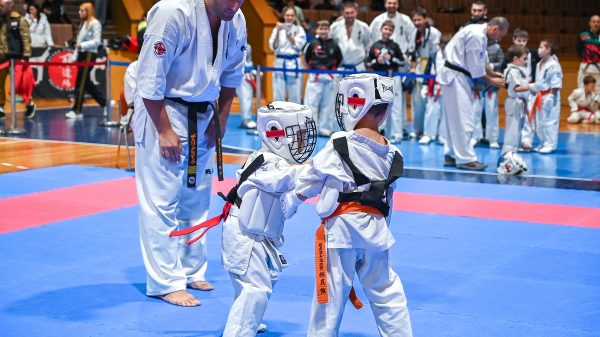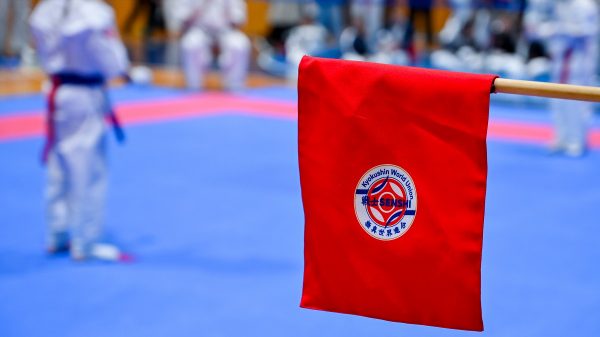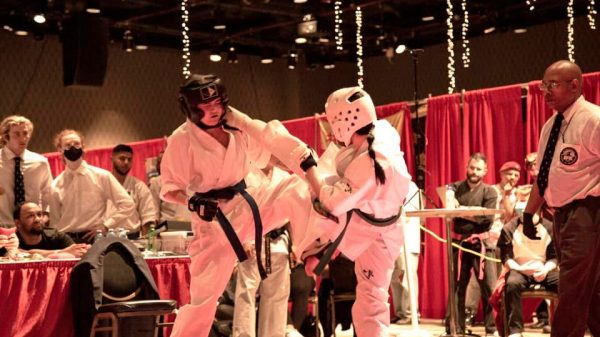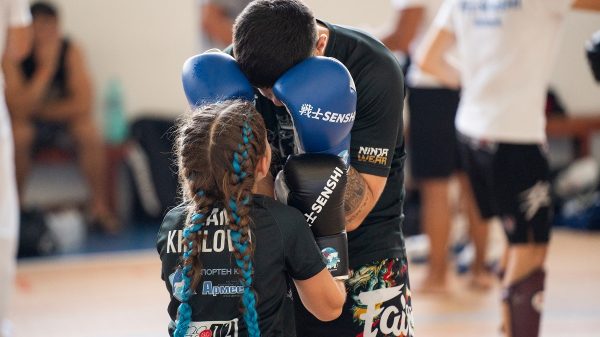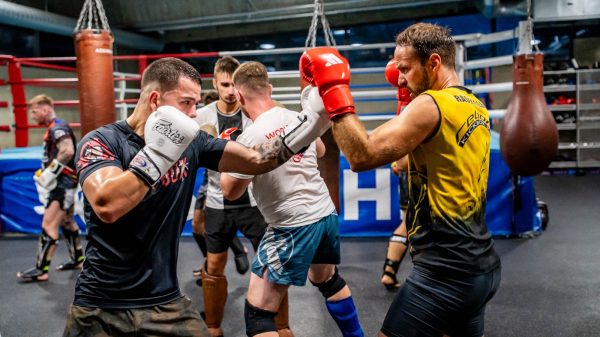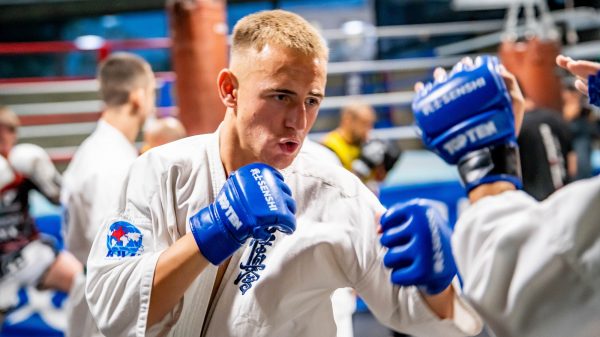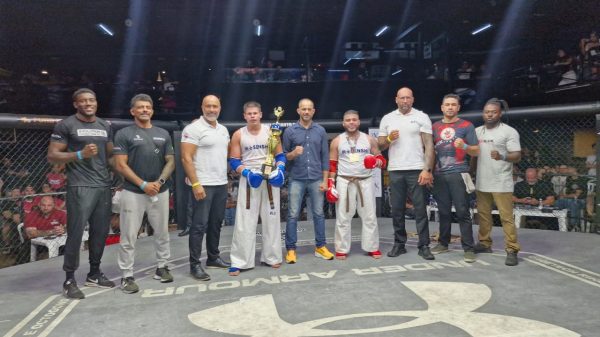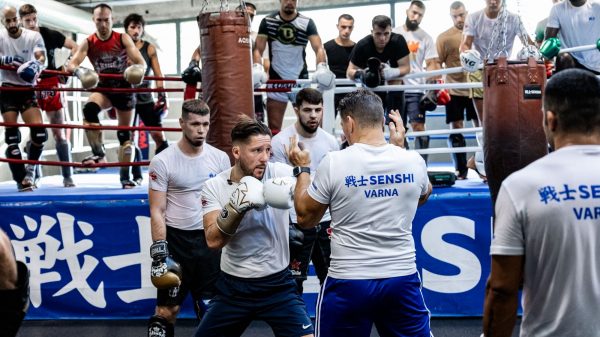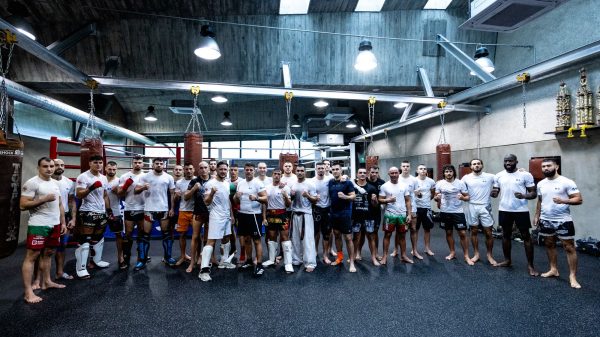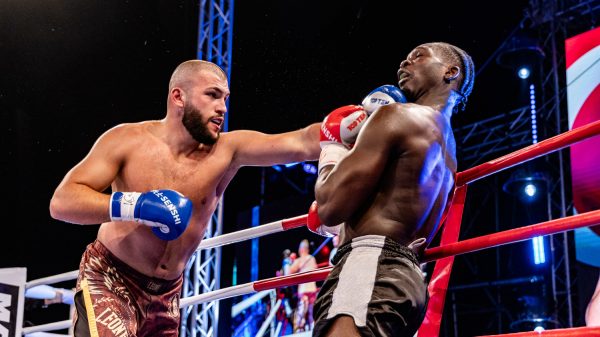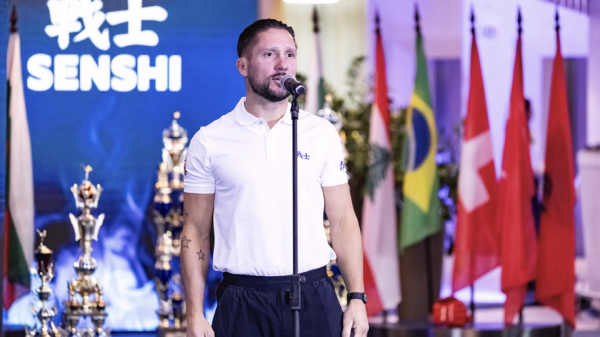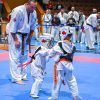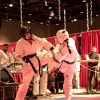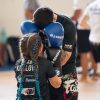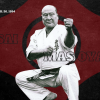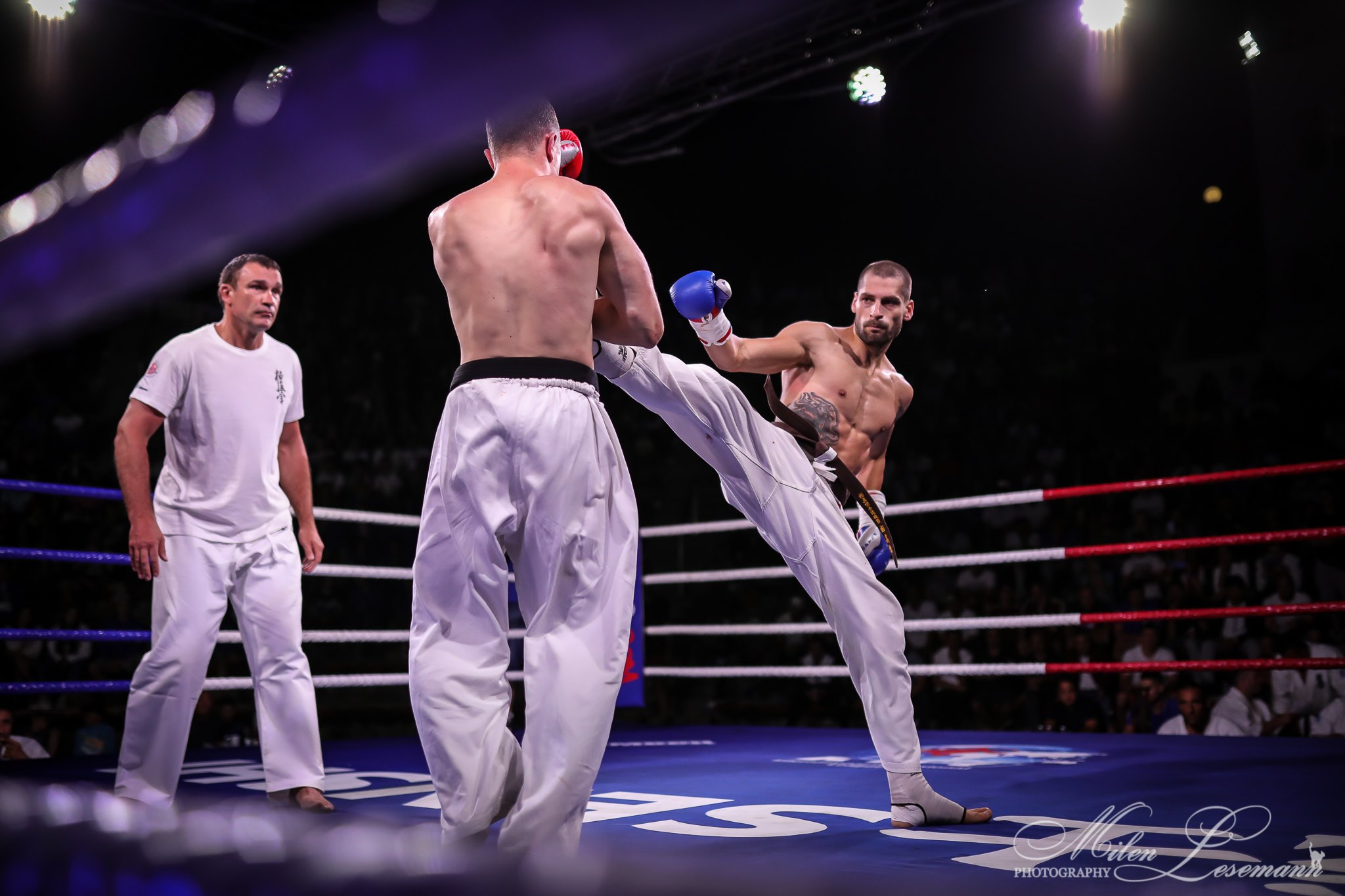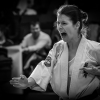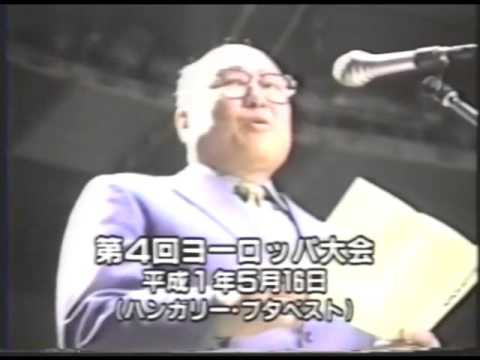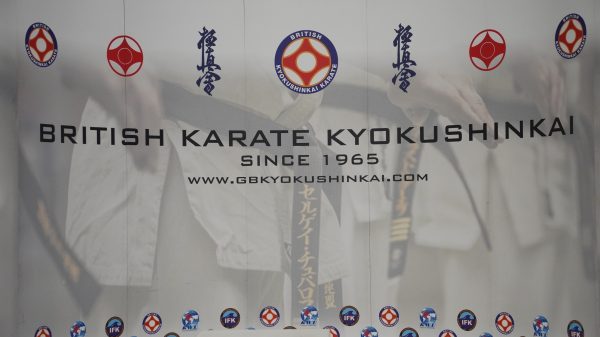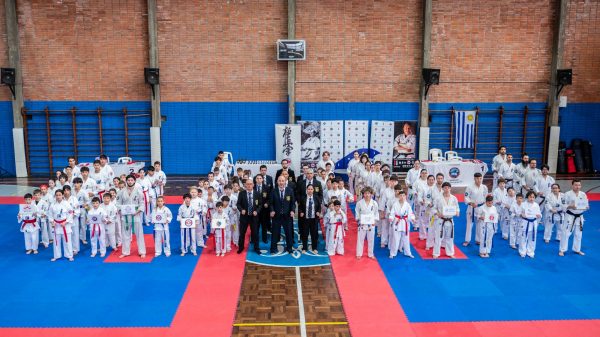Coach less. Love more.
Imagine the horror: You’ve been driving your kids to Karate class, tournaments and camps for years. You’ve spent boatloads of money on uniforms, belts, gradings and equipment. You’ve invested hundreds of hours to relentlessly push your kids to the limit. Then one day…
They quit.
Just like that. You’re heartbroken. Flabbergasted. Why? You try to talk to them and to convince them to continue. And you tell them they’ve come too far to quit now – give it another shot! But nothing works. When a child makes her mind up, there’s not much you can do really. So… Naturally, you start to blame yourself.
“What did I do wrong? Why did this happen? Am I not a good parent? I bought the best trainers, the best gear, the best…”
Stop. Just stop it. I’ll tell you what you did wrong: You got so spellbound by performance, glory, spotless track records, pride, success and hard work that you forgot what TRULY matters.
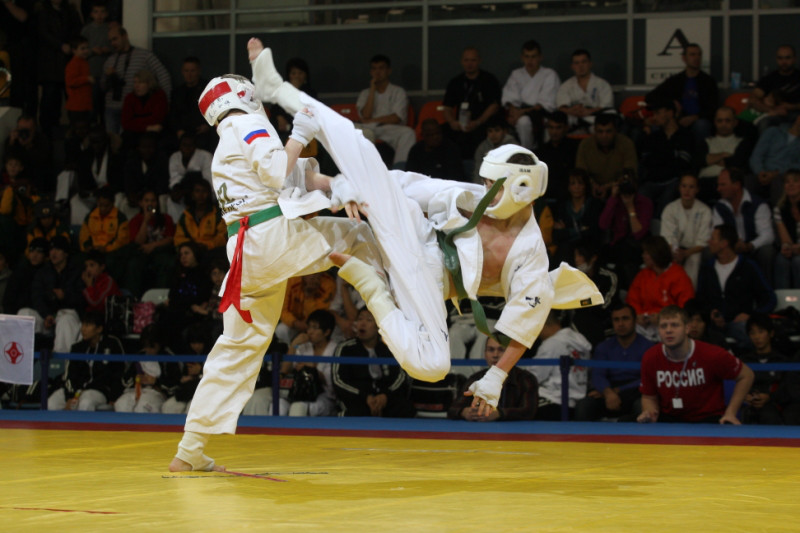
Now repeat after me: Kids are not a physical manifestation of my own unfulfilled childhood dreams.
[bctt tweet=”Coach less. Love more.” username=”kwunion”]
Look…In my years as a Karate teacher and coach, growing up in a martial arts family myself, I’ve witnessed too many talented kids get their enthusiasm sucked dry by well-meaning parents who unknowingly treat their kids as human bricks in a game of parental glory.
And it sickens my stomach. If your kids’ success – whether in Karate, hockey, academics or football – is just another status symbol for you, then you should prepare to face a sh*tstorm of consequences once they grow old enough to understand this.
But don’t worry, there’s still hope left.
According to psychological research, there are scientifically proven phrases that parents can use with their kids to ensure they stay motivated and super happy with their performance – no matter if they’re playing piano, throwing balls or kicking ass.
The top three statements moms/dads can make as their kids perform are:
Before competitions:
- “Have fun.”
- “Do your best.”
- “I love you.”
After fights:
- “Did you have fun?”
- “I’m proud of you.”
- “I love you.”
But wait. It gets even better. Elite coaches B. E. Brown and R. Miller of Proactive Coaching LLC conducted a three decade long survey. They asking successful college athletes what their parents said that made them feel best when they played sports as kids. Guess what their #1 answer was? A simple phrase consisting of six magical words: “I love to watch you practice.”
That’s it. Nothing aggrandizing like “you’re the champ,” or discouraging like “try harder”. Not even a deceptively supporting “here’s a couple of things you can improve.”
Just… “I love to watch you practice!” – Simple, elegant and incredibly powerful. This 6-word phrase, dear Karate parents, is the key to ensuring your kids will love to practice Karate for years to come – with grades, belts, accolades and trophies acting as natural byproducts – not goals.
The only thing your kids really want is your undivided attention and approval anyway. Tell them: “I love to watch you practice”. Since they love you back and the rest will take care of itself. Greatness cannot be forced upon anyone. It grows from the joy of practice.
[bctt tweet=”I love to watch you practice! – Simple, elegant and incredibly powerful” username=”kwunion”]
Coach less. Love more.
By Jesse Enkamp


